As more and more people live in urban areas and have limited exposure to the outdoors, more people are becoming afraid of nature. Read this article to find out about the dangers of nature phobias on people and the planet.


As more and more people live in urban areas and have limited exposure to the outdoors, more people are becoming afraid of nature. Read this article to find out about the dangers of nature phobias on people and the planet.
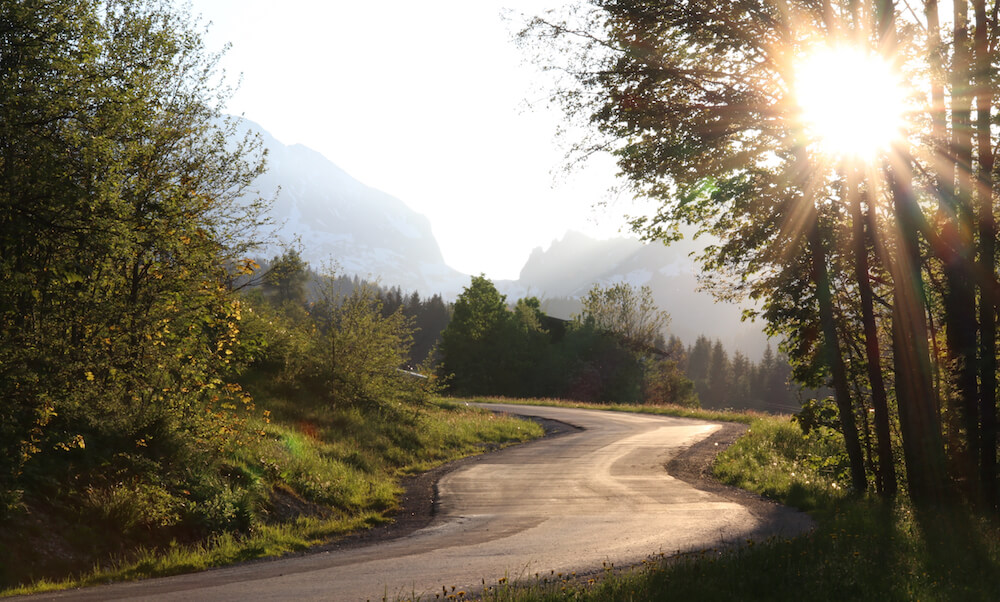
Have you ever gone for a walk and felt your worries melt away? It turns out, you aren’t alone, and there is science that supports a positive correlation between nature and happiness.
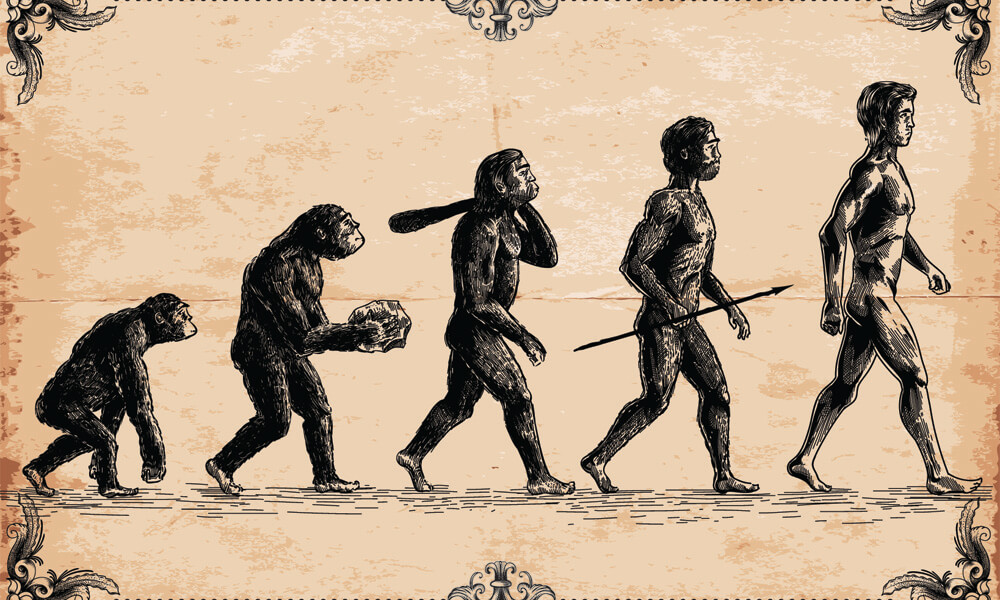
Have humans ever truly lived in harmony with the natural world? According to recent research, the activities of early human ancestors may have caused animal extinctions, not unlike the way human actions threaten many species today.
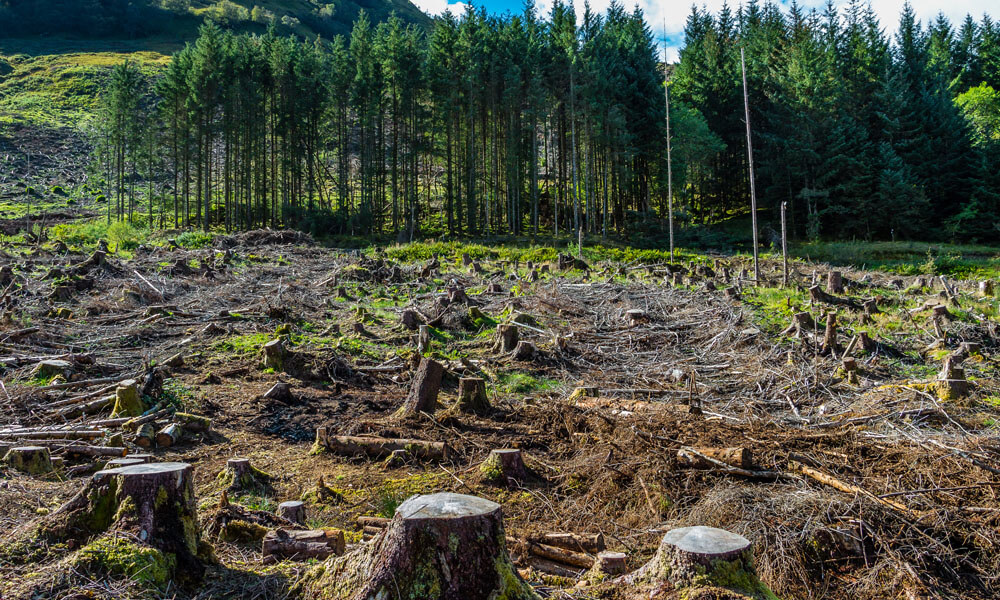
What does cutting down trees have to do with global pandemics like the coronavirus? Click this link to find out.
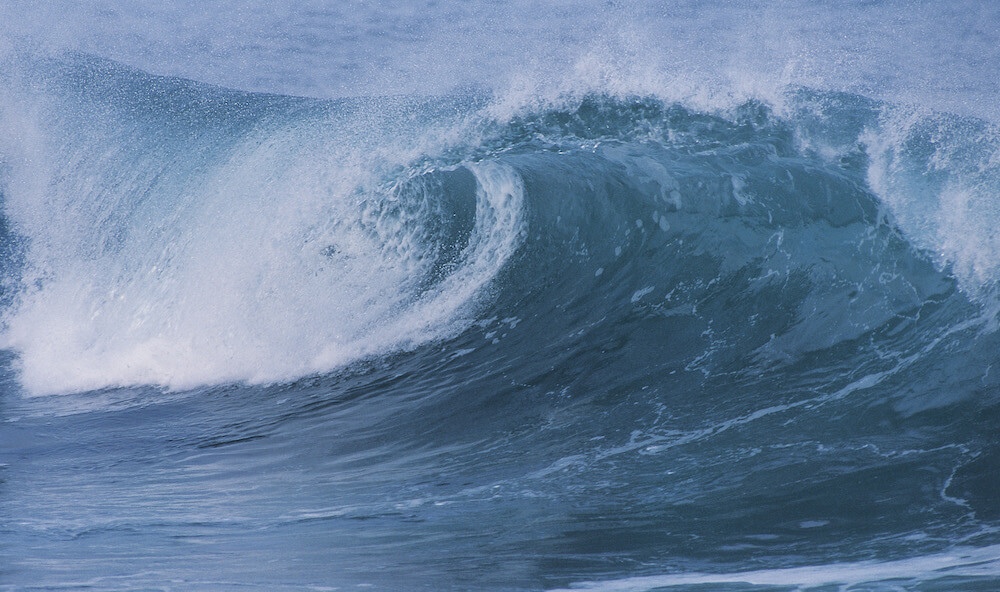
Watch: What if we could harness the power generated by waves to restore eroding shorelines? Designer Skylar Tibbits and his team are testing the theory.

It may seem obvious that nature benefits humans, but you might be surprised to learn how much!

Not all medicines start out in labs; many life-saving medicines come from plants or animals, and more are being discovered all the time.
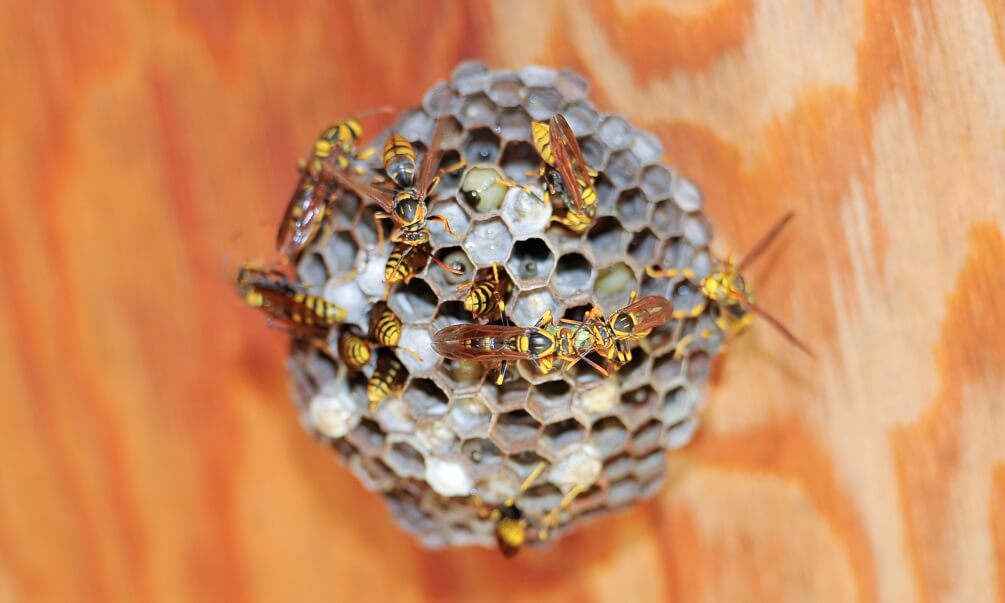
A recent arrival to the United States, Vespa mandarinia is a species of hornet capable of stinging multiple times and destroying honeybee colonies.
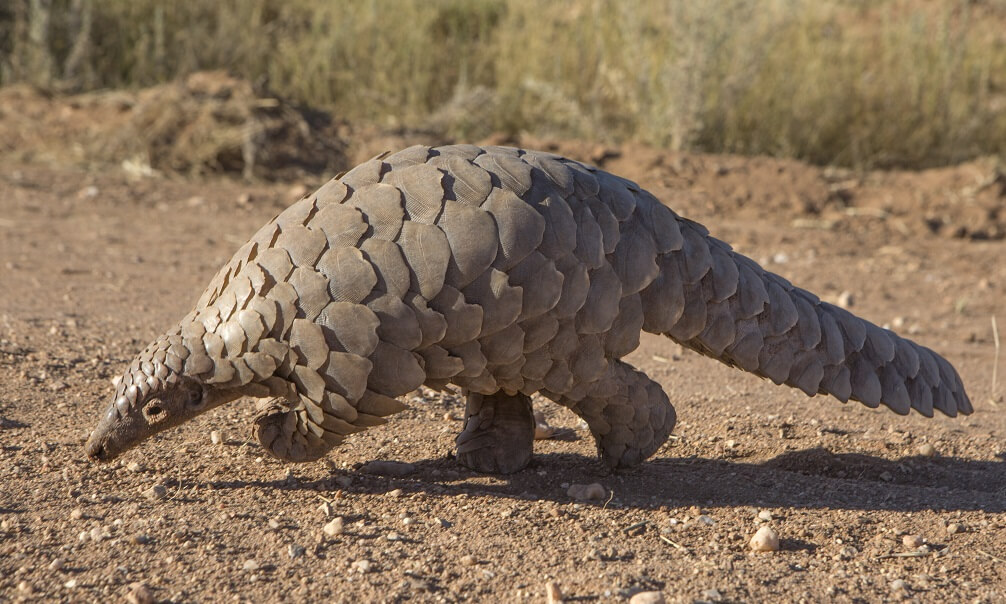
Learn about the complicated path a virus must take to jump from animals to humans.

President Theodore Roosevelt was brash, daring, and adventurous. He was also deeply committed to the cause of preserving America’s forests and wilderness. Explore the links in this American Experience website to learn more about what nature did for “TR” and what he did for nature.

The European conquest of the Americas in the 1500s was brief and decisive. The established civilizations on this side of the Atlantic Ocean lacked the weaponry of the invaders. More significantly, they lacked immunity to the deadly germs that accompanied the Europeans.
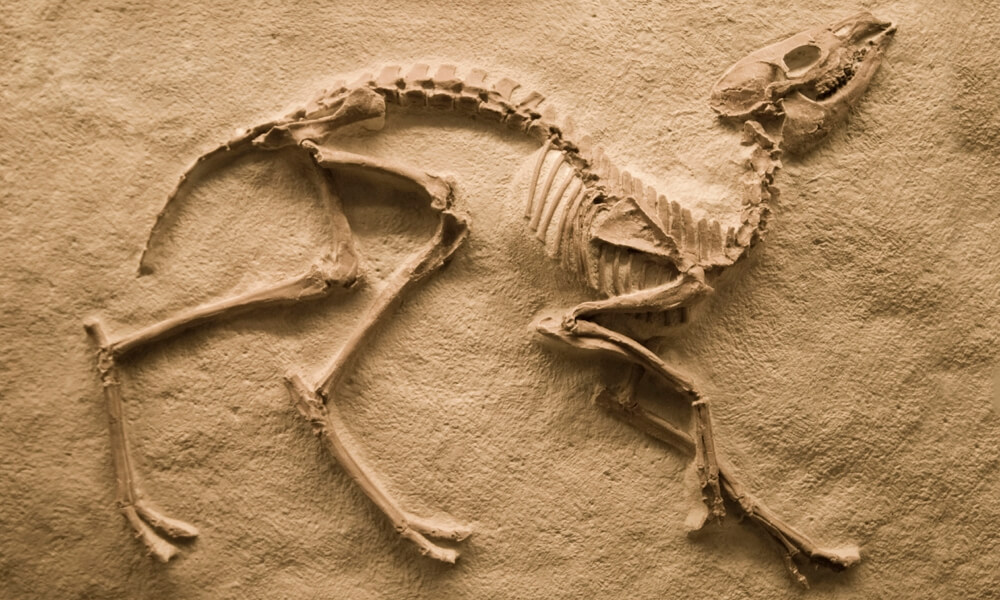
A 2019 study by the United Nations suggests that human actions could cause as many as one million species to become extinct within the next few decades. Read to learn more about the situation and to find out what you can do to help.

How do desert plants survive their harsh climate? This article by Mark A. Dimmitt, Director of Natural History at the Arizona-Sonora Desert Museum, explains the strategies plants use to keep the desert blooming.

People have always sought to impose order on nature, not only by taming landscapes and creatures but also by developing an understanding of how and why nature works the way it does. In this blog post, Marcelo Gleiser ponders the differences between the laws humans make and the laws by which nature functions.

Robotics may seem to owe little to nature and everything to technology. But engineers have used the actions of social insects to guide the movements of robots that are not directly controlled by humans. Read this article to discover what robots can learn from ants.
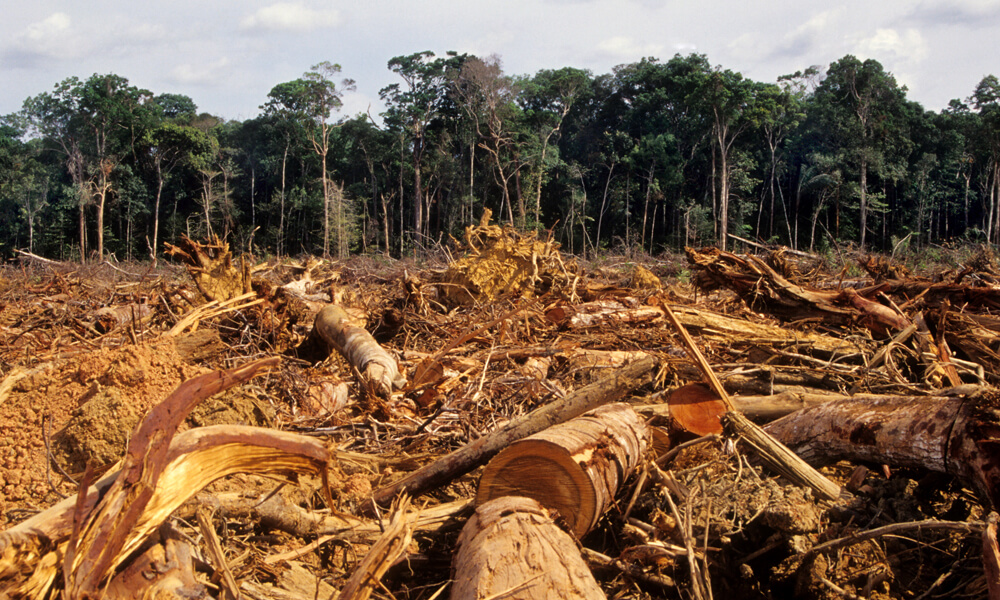
Photographers have captured the impact humans have made on nature in a series of deeply concerning pictures.
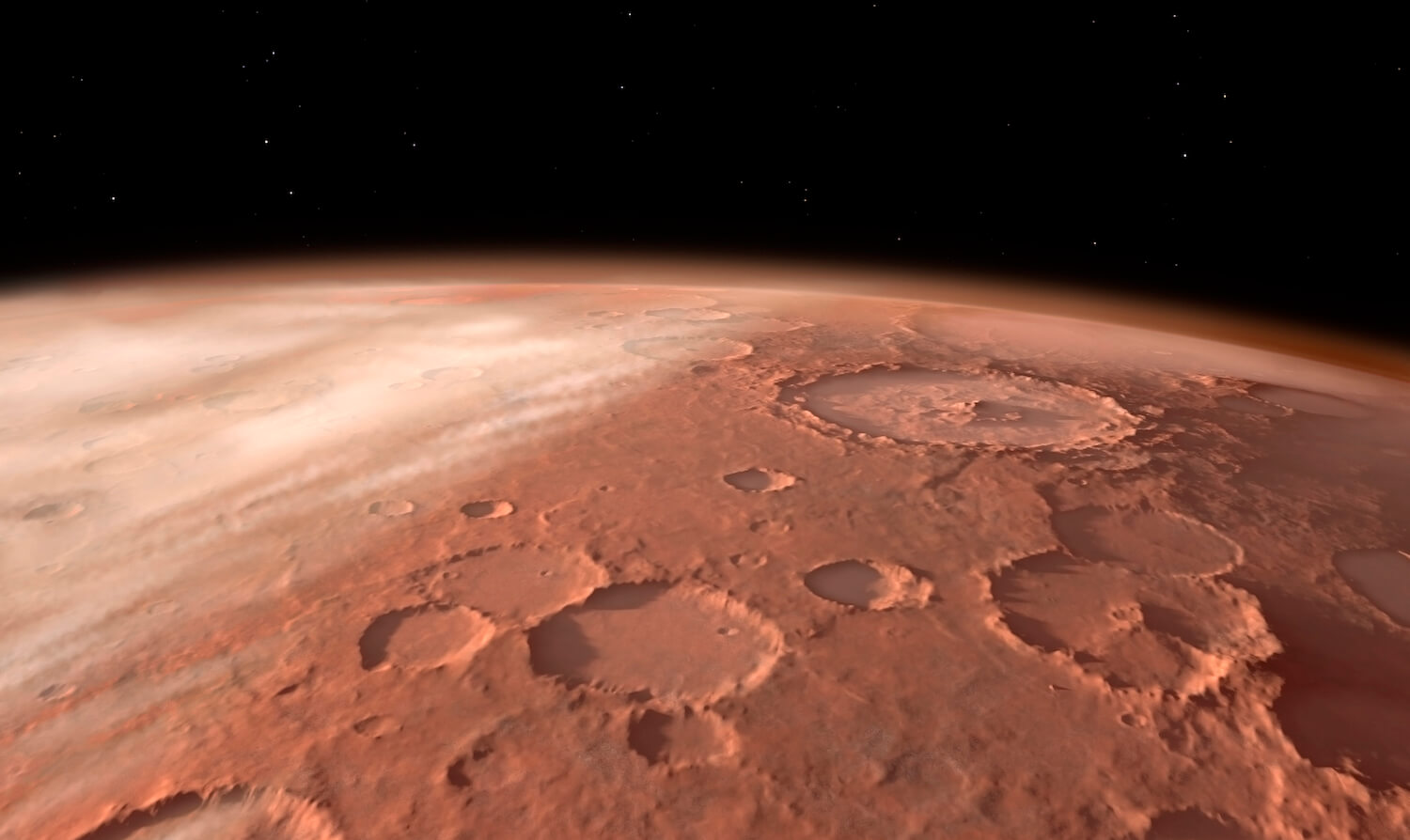
Scientists develop high-tech aerogel sheets that could help future farming on Mars.
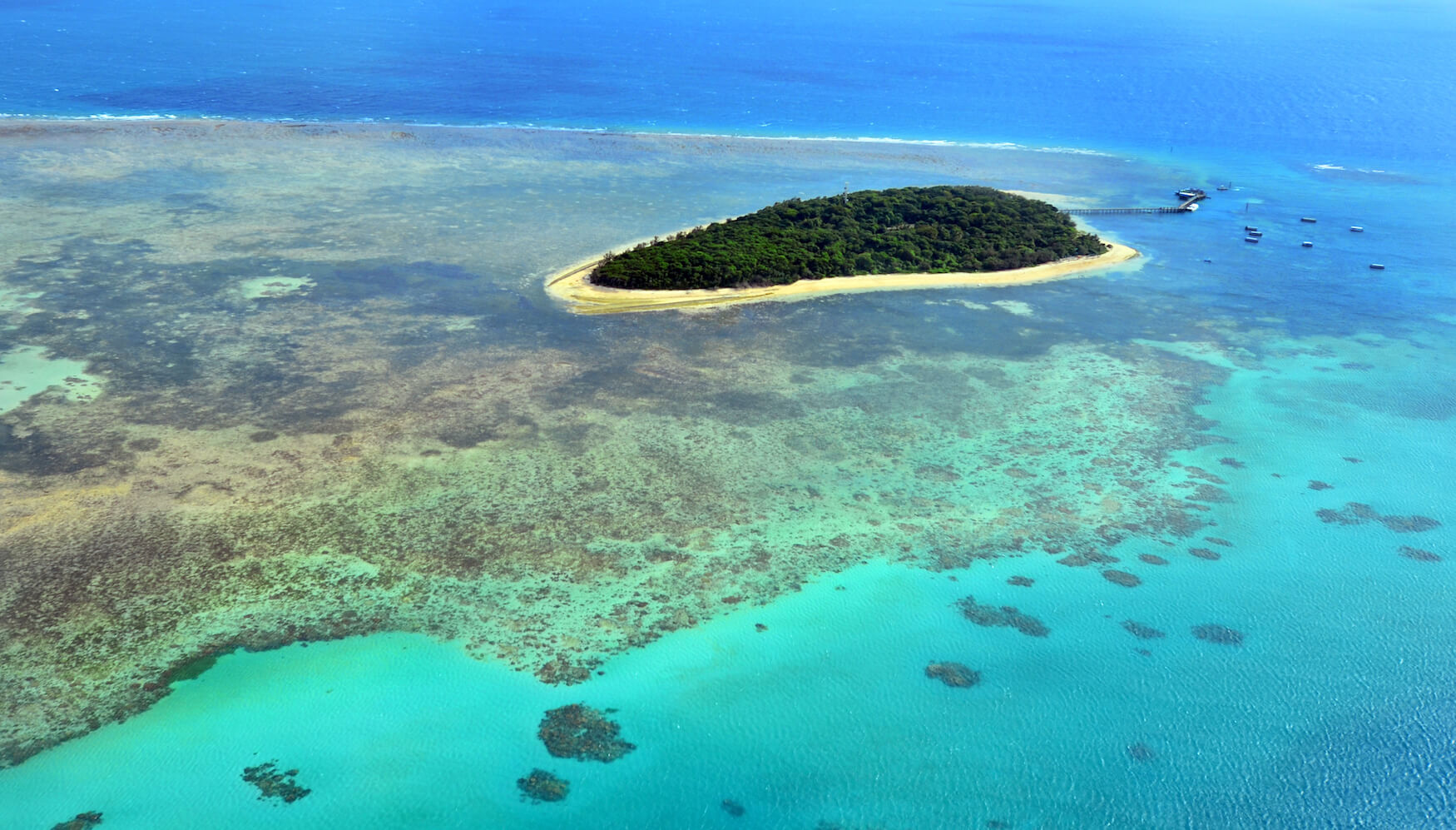
Coral reefs can provide protection from natural disasters. Find out what needs to happen in order to restore and better protect them.
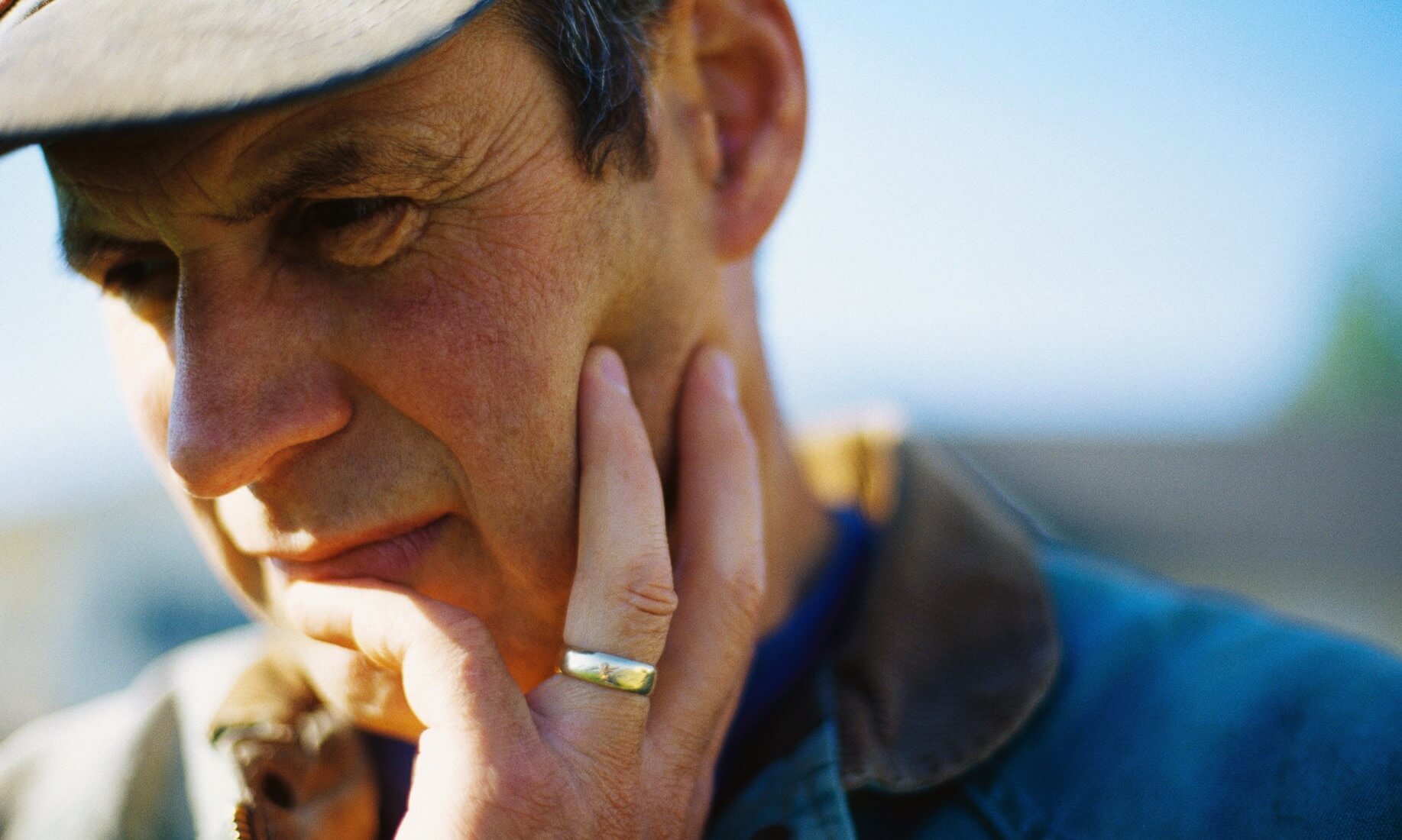
Climate change isn’t only about cars; find out what farmers are doing to help the planet.

The sun obviously affects us everyday, bringing light and warmth from 93 million miles away. But it’s not as constant and helpful as it might appear. Learn about the cycles of storms on the sun and how they affect all aspects of life on earth.